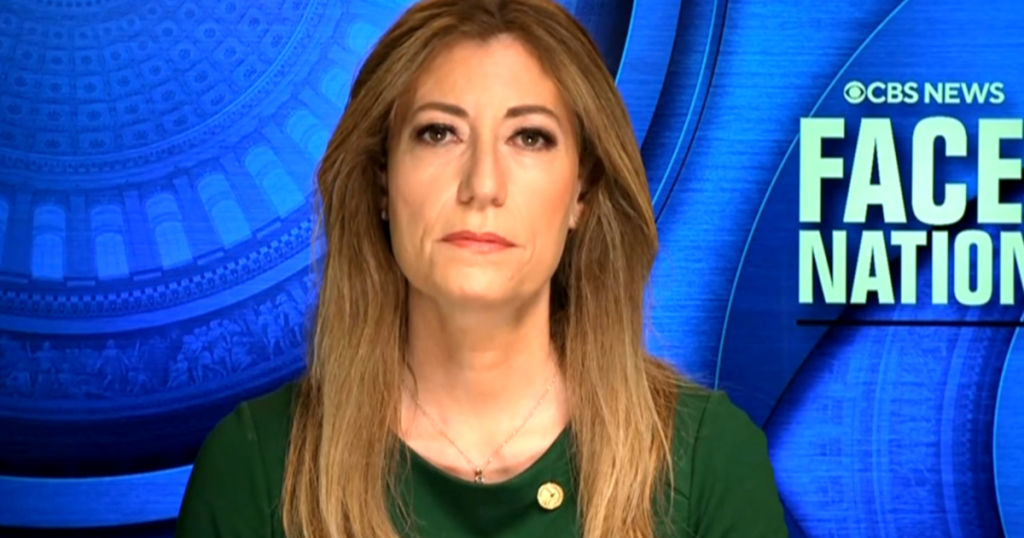DEA Administrator Anne Milgram spoke on “Face the Nation with Margaret Brennan” about the growing concerns over the abuse of ketamine and the rise of overdose deaths in the United States. She discussed recent arrests related to the abuse of ketamine and highlighted how substance abuse often begins in medical settings and transitions to the streets. Drawing parallels to the opioid crisis, Milgram emphasized the role of doctors and medical practitioners in diverting controlled substances, leading to addiction and overdose deaths.
Regarding the regulation of ketamine clinics, Milgram explained that the FDA oversees the medical prescribing of ketamine, approving its use for anesthesia and depression treatment. However, the DEA focuses on cracking down on healthcare professionals who divert controlled substances from legitimate medical practices. The case involving actor Matthew Perry’s death shed light on how unscrupulous doctors supplied him with large quantities of ketamine for financial gain, highlighting the dangers of prescription drug abuse and illegal distribution.
Milgram addressed the alarming statistics on fentanyl-related deaths, with the drug being the leading cause of death for young Americans. She pointed out the challenges in cracking down on fentanyl due to its widespread availability and low manufacturing costs for cartels in Mexico. The DEA is actively targeting the supply chain, from Chinese chemical companies to Mexican cartel leaders, in an effort to combat the fentanyl crisis and save lives.
The discussion also touched on Mexico’s approach to dealing with drug cartels, with President Lopez Obrador’s non-confrontational stance posing challenges for enforcement efforts. Milgram stressed the importance of international collaboration in addressing the drug trafficking network, citing recent arrests in China and Mexico as examples of joint efforts to disrupt criminal organizations. The DEA’s strategic plan involves dismantling the global supply chain of cartels to prevent the flow of fentanyl and other illicit drugs into the United States.
In conclusion, Milgram highlighted the ongoing efforts of the DEA to combat drug trafficking and protect American citizens from the deadly impact of fentanyl and other synthetic opioids. She emphasized the need for continued vigilance and international cooperation in tackling the evolving challenges posed by drug cartels. The interview underscored the urgency of addressing substance abuse and overdose deaths as a public health crisis that requires a comprehensive and coordinated response.


